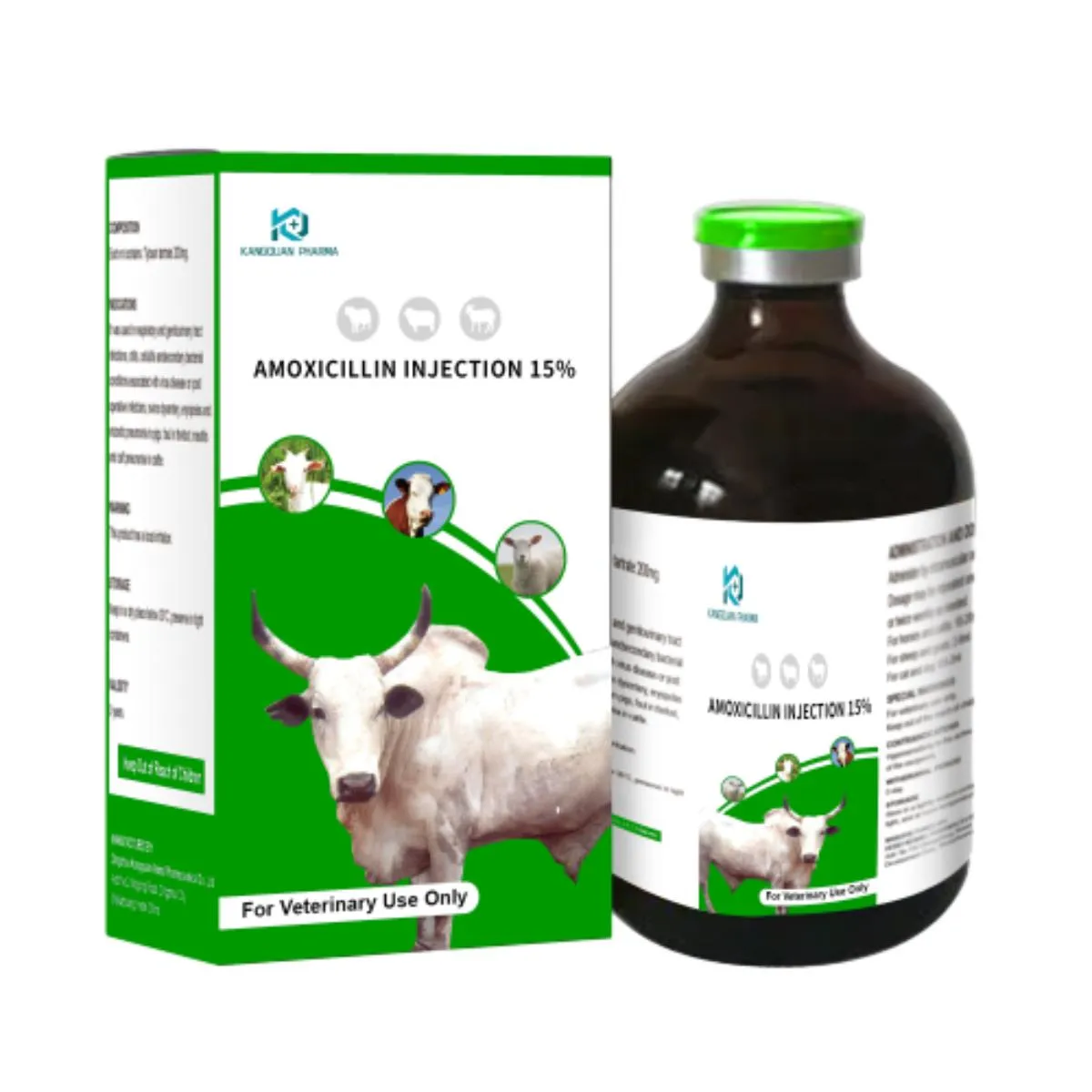- Afrikaans
- Albanian
- Amharic
- Arabic
- Armenian
- Azerbaijani
- Basque
- Belarusian
- Bengali
- Bosnian
- Bulgarian
- Catalan
- Cebuano
- Corsican
- Croatian
- Czech
- Danish
- Dutch
- English
- Esperanto
- Estonian
- Finnish
- French
- Frisian
- Galician
- Georgian
- German
- Greek
- Gujarati
- Haitian Creole
- hausa
- hawaiian
- Hebrew
- Hindi
- Miao
- Hungarian
- Icelandic
- igbo
- Indonesian
- irish
- Italian
- Japanese
- Javanese
- Kannada
- kazakh
- Khmer
- Rwandese
- Korean
- Kurdish
- Kyrgyz
- Lao
- Latin
- Latvian
- Lithuanian
- Luxembourgish
- Macedonian
- Malgashi
- Malay
- Malayalam
- Maltese
- Maori
- Marathi
- Mongolian
- Myanmar
- Nepali
- Norwegian
- Norwegian
- Occitan
- Pashto
- Persian
- Polish
- Portuguese
- Punjabi
- Romanian
- Russian
- Samoan
- Scottish Gaelic
- Serbian
- Sesotho
- Shona
- Sindhi
- Sinhala
- Slovak
- Slovenian
- Somali
- Spanish
- Sundanese
- Swahili
- Swedish
- Tagalog
- Tajik
- Tamil
- Tatar
- Telugu
- Thai
- Turkish
- Turkmen
- Ukrainian
- Urdu
- Uighur
- Uzbek
- Vietnamese
- Welsh
- Bantu
- Yiddish
- Yoruba
- Zulu
9 月 . 22, 2024 04:58 Back to list
importance of salt in animal feed
The Importance of Salt in Animal Feed
Salt, chemically known as sodium chloride, plays a crucial role in the nutritional management of livestock. While it may seem like a simple mineral, the significance of salt in animal feed cannot be overstated. It is essential for maintaining animal health, ensuring optimum growth, and enhancing overall productivity. This article explores the importance of salt in animal feed and its various functions within the animal system.
Firstly, salt is a vital source of sodium and chloride, two minerals that are essential for various physiological processes in animals. Sodium is crucial for maintaining fluid balance in the body, regulating blood pressure, and transmitting nerve impulses. It also plays a key role in muscle contraction and the transport of nutrients across cell membranes. Chloride, on the other hand, is essential for the production of gastric juice, which aids in digestion. The balance of these electrolytes is vital for overall health and metabolic functions.
In livestock production, the inclusion of salt in animal feed promotes optimal feed intake and enhances gut health. Adequate salt levels encourage animals to consume the right amount of feed, ensuring they meet their nutritional requirements. Moreover, salt acts as a natural preservative, helping to maintain the freshness and quality of feed. This is particularly important in large-scale operations where feed is stored for extended periods.
importance of salt in animal feed

Another significant benefit of salt in animal feed is its role in preventing mineral deficiencies. Livestock, like cattle, sheep, and pigs, have varying sodium requirements based on their age, weight, and production stage. For instance, lactating and pregnant animals have higher sodium needs to support milk production and fetal development. A deficiency in sodium can lead to health issues such as reduced growth rates, lethargy, poor reproduction, and even death in severe cases. By ensuring that adequate salt is included in their diet, farmers can prevent these issues and promote better health outcomes.
Salt also plays a role in enhancing the palatability of feed. Animals are more likely to consume diets that are well-balanced in taste and texture. Salt enhances flavor, encouraging animals to eat more, which, in turn, leads to better nutrient absorption and increased productivity. This is particularly important in feed formulations for young animals, who can be more selective about their food choices.
Furthermore, incorporating salt into animal feed can improve the utilization of other nutrients. Sodium is involved in nutrient transport across cell membranes, facilitating the absorption of essential vitamins and minerals. This interaction ensures that animals derive maximum benefit from their feed, promoting better growth and overall health.
In conclusion, the importance of salt in animal feed extends far beyond just flavor enhancement. It is a critical component that supports physiological functions, promotes health, prevents deficiencies, and improves feed intake. Farmers and livestock nutritionists must recognize the role of salt in formulating diets that optimize the health and productivity of animals. By ensuring the proper inclusion of salt in feed, we can contribute to sustainable livestock production and the overall well-being of the animals in our care.
-
The Power of Radix Isatidis Extract for Your Health and Wellness
NewsOct.29,2024
-
Neomycin Sulfate Soluble Powder: A Versatile Solution for Pet Health
NewsOct.29,2024
-
Lincomycin Hydrochloride Soluble Powder – The Essential Solution
NewsOct.29,2024
-
Garamycin Gentamicin Sulfate for Effective Infection Control
NewsOct.29,2024
-
Doxycycline Hyclate Soluble Powder: Your Antibiotic Needs
NewsOct.29,2024
-
Tilmicosin Premix: The Ultimate Solution for Poultry Health
NewsOct.29,2024













